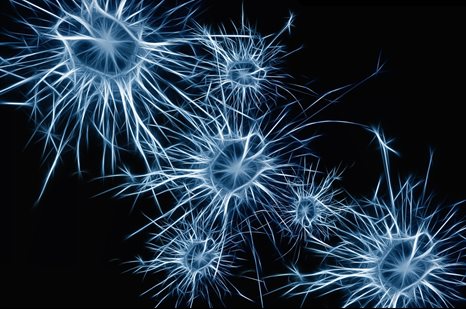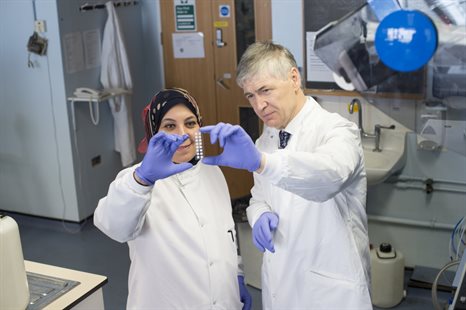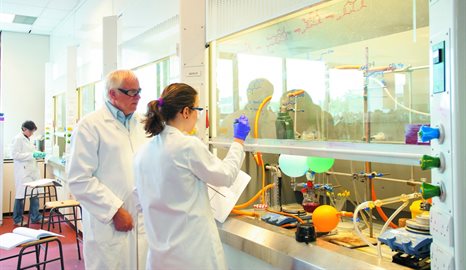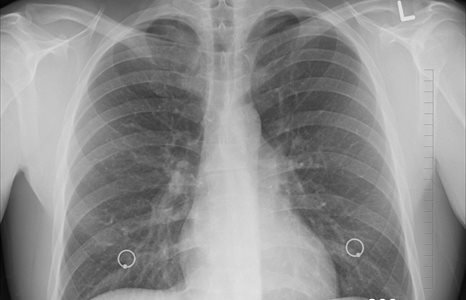Neurology and mental health

We have made significant progress in modelling the human brain, notably leading the €5.4m EC-funded 'Neural Engineering Transformative Technologies' programme. Applications include:
- Modelling brain activity, interpreting fMRI and EEG scans, supporting mental health applications.
- Studying neurological degeneration in diseases such as Alzheimers, Parkinson's Disease, genetic defects
- Measuring the performance of drug delivery in the brain, and measuring cell breakdown
- Translating brain activity into speech
- We discovered a previously unknown relationship between brain structure and brain function. The discovery extends our knowledge of how the brain works and could help us understand how communication in the brain breaks down in diseases such as multiple sclerosis and mental disorders such as schizophrenia
Experts: Steve Coombes, Daniele Avitabile, Noah Russell, Matthew Brookes
Cancer

Cancer modelling is a key area of expertise within Nottingham. We are working on:
- Predictive models of cancers and tumour growth, using MRI scans to validate models.
- Blocking tumour angiogenesis (the formation of new blood vessels which supply the blood to tumours enabling them to grown and spread)
- Forecasting patient response to treatment and optimising therapies
- Working with the Children's Brain Tumour Research Centre in modelling release of chemotherapy drug release and monitoring the drug progress in the brain
Experts: Markus Owen (lead), Matthew Hubbard, John King, Reuben O'Dae, Kris Van der Zee, Ruman Rahman, Chris Denning. Clinical collaborators: Dorothee Auer, Stuart Smith
We also collaborate with Kristin Swanson of the Mathematical Neuro-Oncology lab at the Mayo Clinic in Arizona
Toxicity modelling in drug discovery

We are developing mathematical models for drug toxicology, to reduce animal testing in drug discovery and predict potentially fatal side-effects.
Read more about our toxicity modelling.
Expert: Gary Mirams
Asthma and respiratory disease

Our work in respiratory modelling looks at how muscles contract in the airways and how treatments affect the contraction of the muscles.
Using multi-scale models, in combination with data from model-driven animal experiments, we look at airway hyper-responsiveness, inflammation and remodelling in asthma. The aim is to quantify the roles and interactions of the smooth muscle cells, tissues and chemical mediators that are involved in asthma.
We were a key member of the AirPROM project (Airway Disease Predicting Outcomes through Patient Specific Computational Modelling)
We are now working on an app that helps people regulate their breathing through singing.
Expert: Bindi Brook